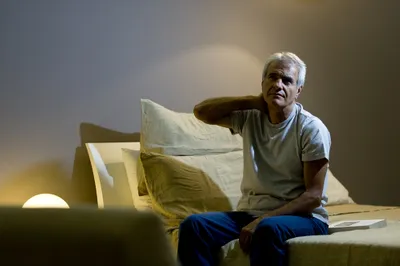
The study, which has been published in the American Heart Association’s medical journal Stroke, is the work of two of Taiwan’s top medical institutions. It involved examining 64,000 people over a four-year period. The study’s most significant finding: adults who suffer from insomnia are 54 per cent more likely to suffer a stroke than people who do not suffer from the sleep disorder.
Insomnia is a widespread problem. It’s estimated that roughly 30 per cent of the United States population suffers from the disorder, which can be caused by a number of factors including stress, use of psychoactive drugs, pain, mental disorders, or various medical conditions (like hyperthyroidism and rheumatoid arthritis). Certain behaviours, like watching television or using a computer in bed right before attempting sleep, can also result in insomnia.
The Taiwanese study says that people suffering from short bouts of insomnia (lasting a few days or weeks) are less at risk of stroke than people dealing with a prolonged struggle with the sleep disorder.
Insomnia affects people of all ages but is most visible among older people — the group most susceptible to stroke. But the Taiwanese study shows that even young people — or individuals in their 20s and 30s — can suffer a stroke after dealing with long-term insomnia issues.
“We feel strongly that individuals with chronic insomnia, particularly younger persons, see their physician to have stroke risk factors assessed and, when indicated, treated appropriately,” noted Ya-Wed Hsu, one of the study’s researchers.



